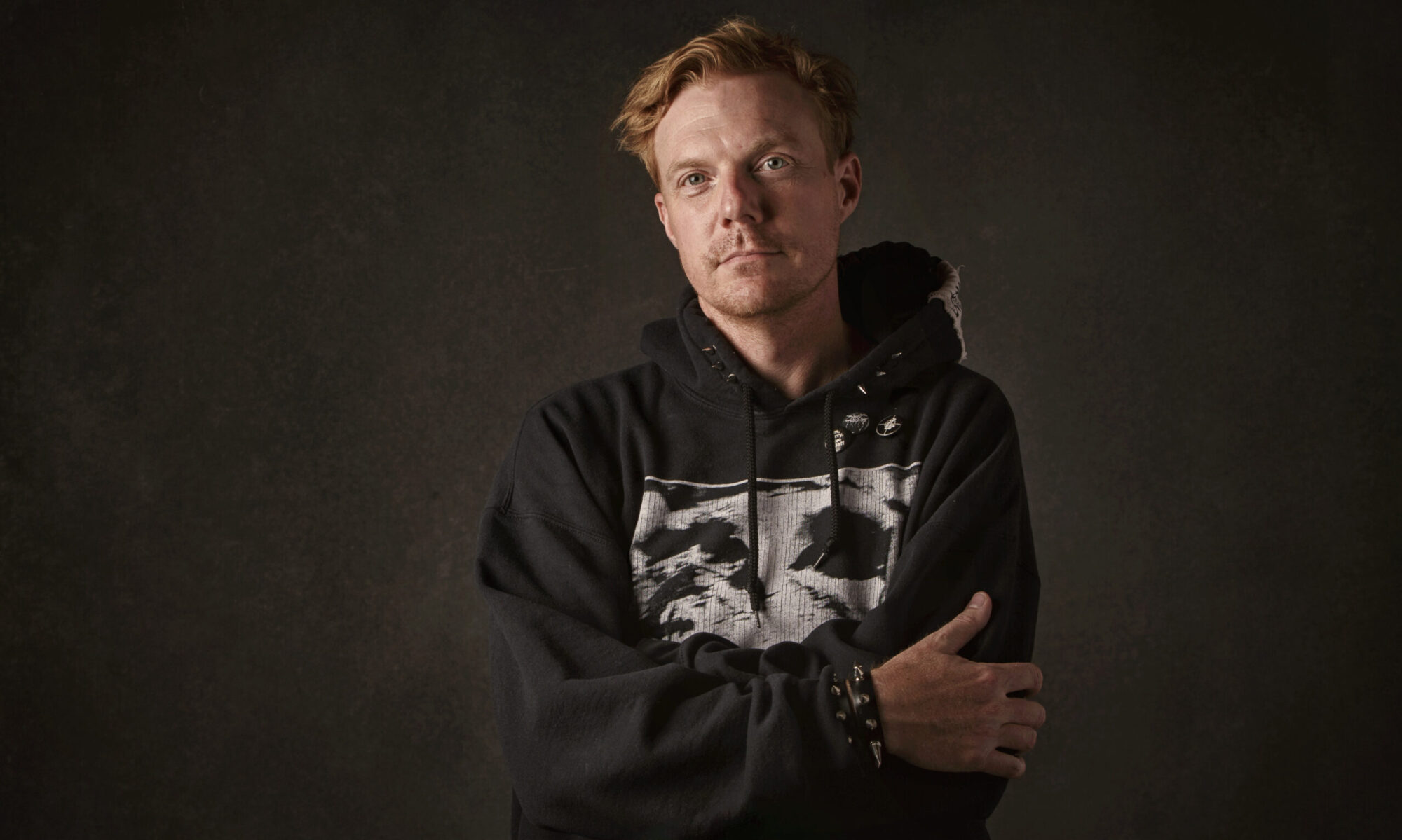My recent feature on Russian Circles for DIG BMX Magazine has hit the stands. It’s in issue #72, if you’re interested. Also be on the lookout for their new record, Geneva (Suicide Squeaze), which hits the stores and sites on October 20th.
The full text from DIG is as follows:
The subgenre of instrumental post-rock has grown into its own over the last several years, and many of the bands emerging to represent the subgenre sound remarkably similar. The inherent irony of classification is that even as the category grows (i.e., the more bands there are that sound enough alike to lump together), the harder it gets to stand out (i.e., to be considered a part of the group, but to distinguish your work from the rest of that group). As My friend Max Bristol might say, Explosions in the Sky is a band — not a genre.
“I suppose it means there are quite a few more reference points,” says Brian Cook, who’s also done time in Botch and These Arms Are Snakes, “both for us as artists and for our audience. It means that we’re somewhat self-aware of what we do, and for the audience it may be tempting to weigh the merits of what we do against other bands and artists instead of judging it on its own terms.” Russian Circles stand out from the crowding in with sheer brut force. They are a power trio with the emphasis on power. Where other groups’ slow builds often leave one dissatisfied with the release, these guys drop it like it’s too heavy. They can simmer with the slowest of boilers and riff it up with the most metalest. It’s a difference difficult to describe but easy to hear, leaving many writers — myself included — sounding stupid.
At the time of this writing, Mike Sullivan (guitar), Brian Cook (bass), and Dave Turncrantz (drums) were just finishing up in the studio with Brandon Curtis (of Secret Machines) behind the boards, working on a follow-up to last year’s massive and majestic Station (Suicide Squeeze). “We were less concerned with perfect takes and more concerned with perfect tones,” Cook says of their studio time. “We switched up a lot of ideas as we were recording and we were less concerned with making sure we could replicate the material live as we were with making a compelling album. both Enter (Flameshovel, 2006) and Station were pretty faithful to how we play live, so we felt we could get away with doing an album where we elaborate on the material a bit more.” Apparently, the new album will incorporate strings and brass, as well as a howling dog — none of which they’re planning to take on tour.
“The new album is a bit longer than we had planned,” Cook continues, “but all the material made sense together. We don’t want to overstay our welcome, so we feel that six or seven songs is about the extent of material people can put up with in one sitting.” Of course, six or seven songs, an EP for most bands, for Russian Circles is an epic, album-length amount of time. Knowingly, Cook adds, “We’ll take our chances that our ADD-afflicted culture can put up with our self-indulgence.”
Upon seeing me ride my bike one day, jumping curbs and such, a friend of mine commented that while I was out learning to ride BMX, he must’ve been in his room learning to play his guitar. The same might be said of Cook. “Once upon a time,” he says, “my friend was packing me on the handlebars of his BMX. He went off a really big curb and my foot slid in between the spokes of the wheel. I was barefoot. I broke eight of the spokes with my foot and flew headfirst into the asphalt. Remarkably, I didn’t break anything, but that was the last time I’ve been on a BMX.”
So, no more bikes for Russian Circles, but they are planning to thin out the instrumental post-rock competition. “On a side note,” Cook concludes, “I am starting a ballot initiative that would require people to apply for a license before they can buy a delay pedal. That should help stymie the popularity of this brand of music.”


